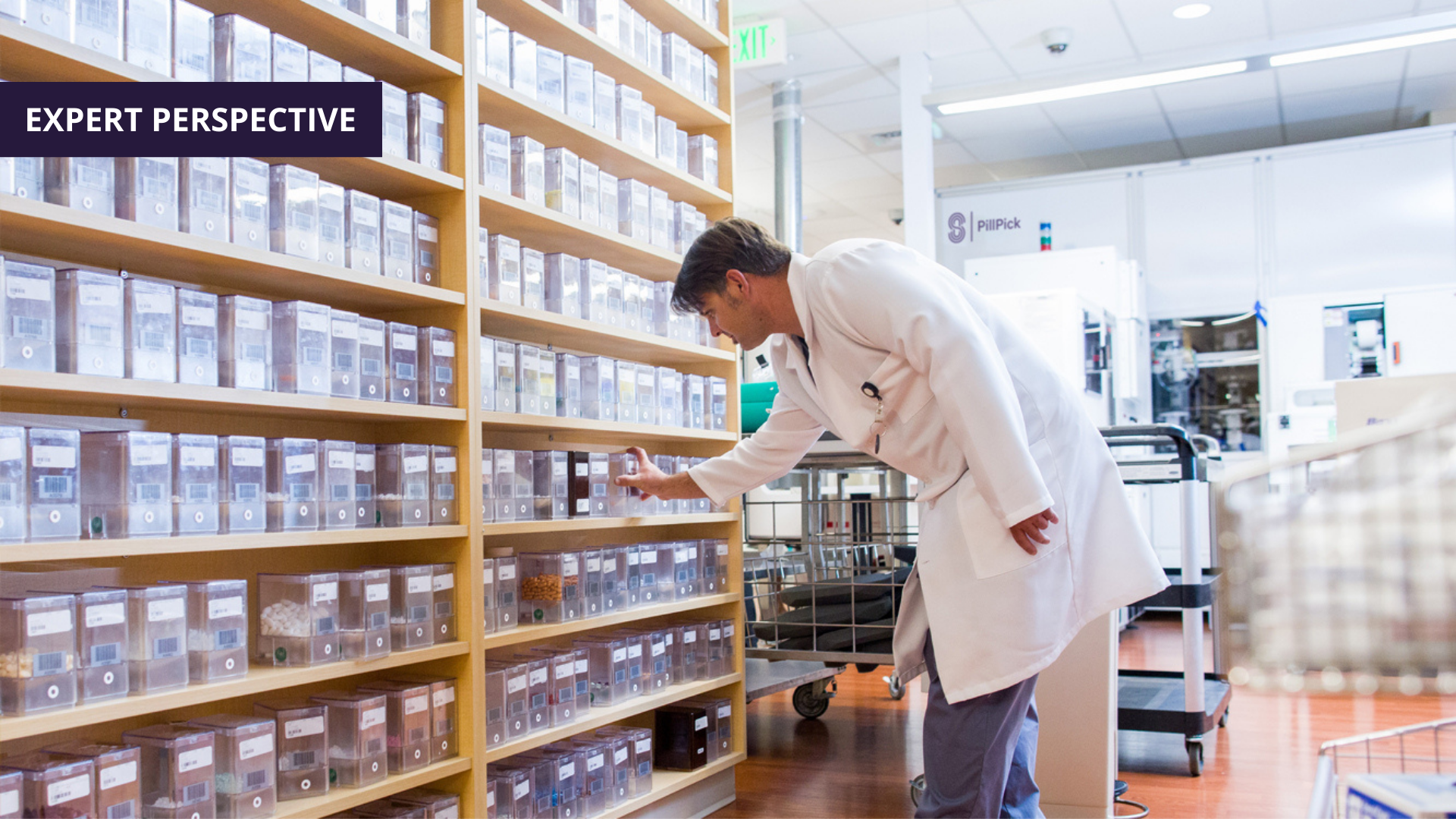Jeff Erbert | 7 March, 2025
The Pursuit of Novel Drugs
The pursuit of new drug discovery has always been an expensive, complex, and time-consuming endeavor, often requiring many years, lots of intellectual capital, and billions of dollars to bring a new drug to clinical trials. However, that timeline is expected to be drastically shortened. Generative artificial intelligence (AI) platforms like AlphaFold are poised to revolutionize this process, making it faster, more efficient, and more successful. This advancement is exciting for patients and providers alike, but it will have significant implications for pharmacists, who will need to adapt to new, more complex treatments and stay current with evolving therapies.
Generative AI in Drug Discovery
Generative AI in drug discovery refers to a subset of artificial intelligence platforms that focus on using existing data to predict how cells will react to a mind-numbing number of manipulations.
In the not too distant past, the aforementioned AlphaFold achieved first place in the 2018 CASP competition by accurately predicting difficult protein structures without existing templates. Then in 2020, AlphaFold repeated this success, achieving unprecedented accuracy, scoring above 90 on the global distance test for two-thirds of the proteins. The following AlphaFold paper, published in Nature in 2021, has been widely lauded and cited nearly 32,000 times.
Essentially, these advanced algorithms and machine learning techniques, which won the 2024 Nobel Prize for Chemistry, are used to predict how proteins will fold and optimize drug candidates.
That said, traditional methods of novel drug discovery have often involved laborious trial-and-error experiments, but generative AI models, such as generative adversarial networks (GANs) and variational autoencoders (VAEs), can analyze large chemical datasets and create compounds with specific traits, such as strong binding affinity and low toxicity.
Generative AI also enhances virtual screening, a critical step in drug discovery that involves evaluating vast chemical libraries to identify potential active compounds. By predicting how different molecules interact with specific biological targets, these generative AI models can focus on compounds that are most likely to succeed while also revealing new treatment applications for existing conditions.
This also paves a path forward for a new wave of personalized medicine, which aims to tailor treatments based on individual patient characteristics. Through analyzing patient data, such as genetic profiles, generative AI models can design drugs that are more tailored for each person.









